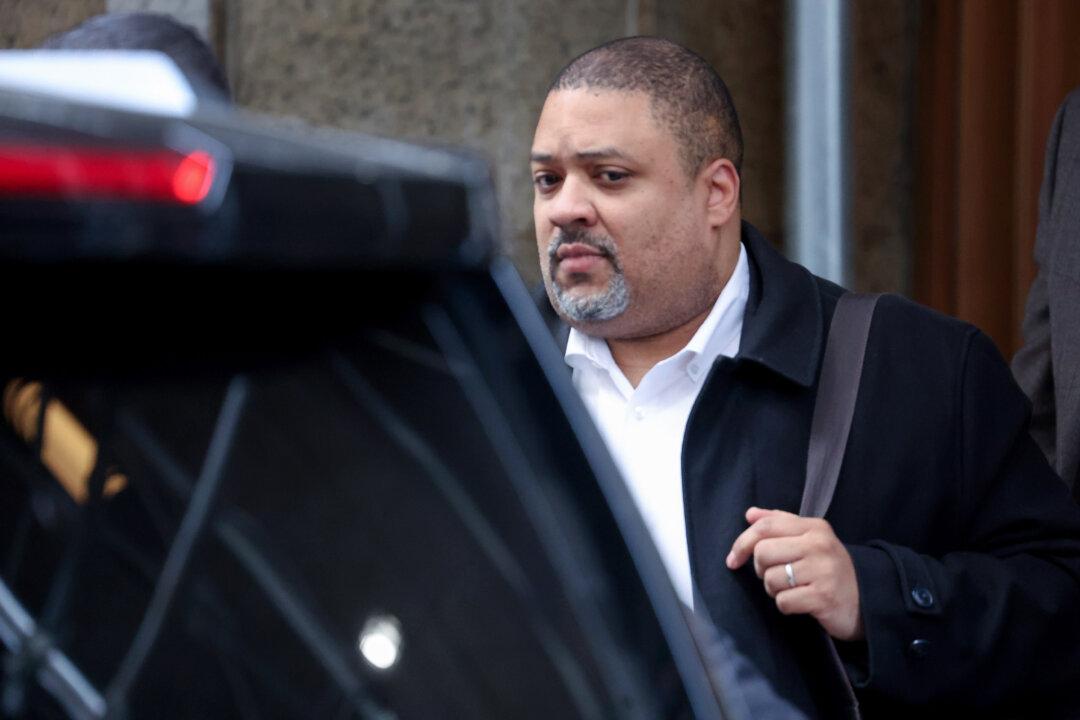The House Judiciary Committee is investigating a top prosecutor on Manhattan District Attorney Alvin Bragg’s case against former President Trump for his past work as a senior Department of Justice (DOJ) official during the Biden administration, amid allegations that the Trump prosecution is politically driven.
House Judiciary Committee Chairman Jim Jordan (R-Ohio) said in an April 30 letter to Attorney General Merrick Garland that, as part of the committee’s oversight of “politically motivated prosecutions,” it is concerned that former senior DOJ official Matthew Colangelo is now leading Mr. Bragg’s “politicized” prosecution against the former president.





